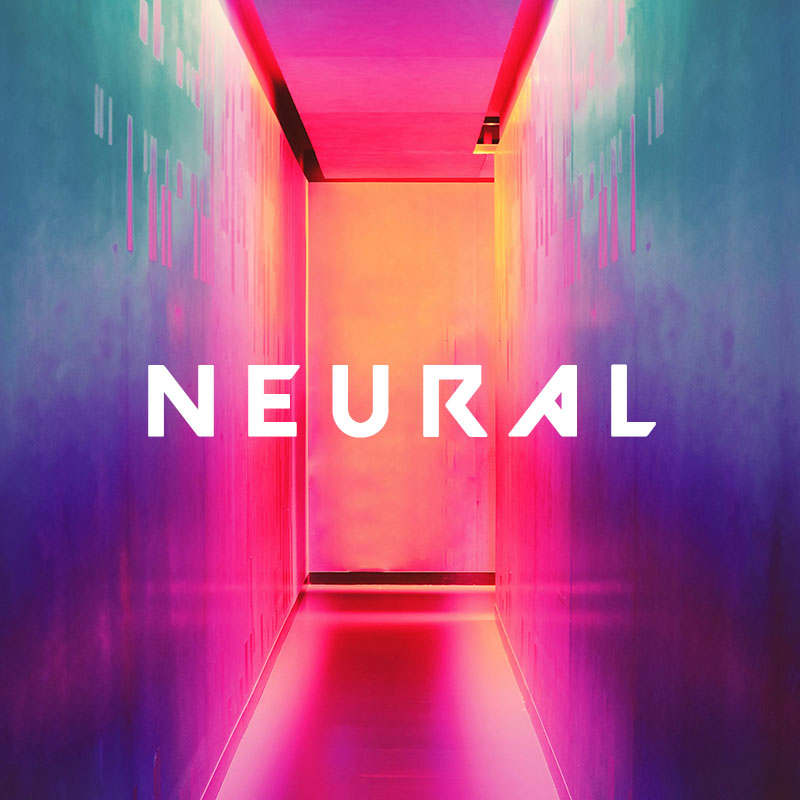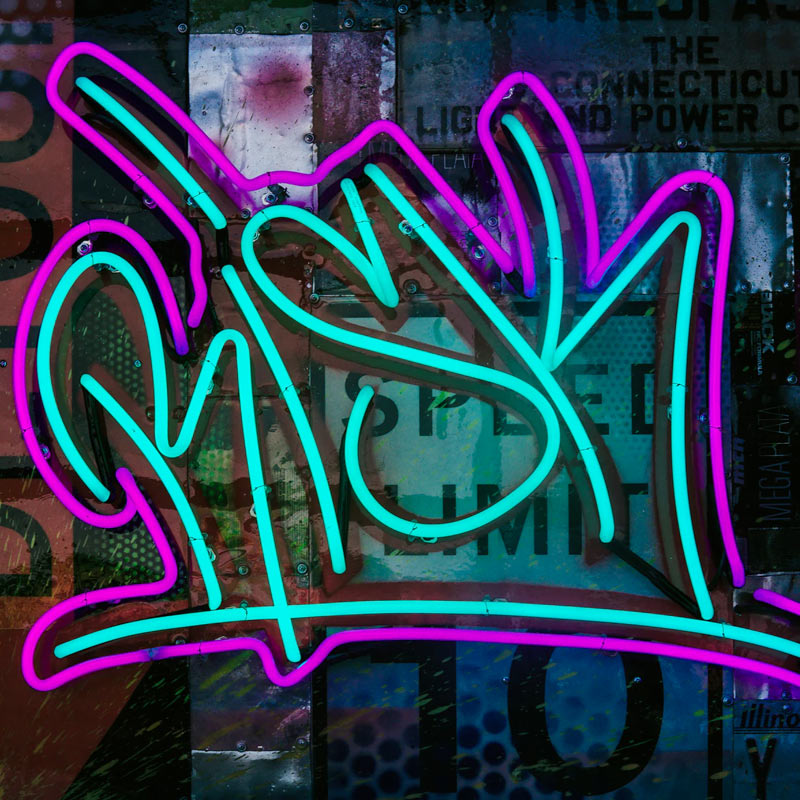Latest Nigeria Health Updates: Challenges and Progress in 2025

As of October 27, 2025, Nigeria’s health sector is navigating a complex landscape of disease outbreaks, funding controversies, and systemic strains, alongside notable strides in vaccination and mental health advocacy. Here’s a roundup of the latest developments shaping the nation’s health narrative.
Probe into $4.6 Billion in Aid Amid Rising Disease Deaths
Nigerian lawmakers kicked off an investigation on October 22 into the allocation of $4.6 billion in international health grants from 2021–2025, targeting HIV, tuberculosis (TB), and malaria programs. Despite this significant aid—bolstered by $6 billion from the U.S. PEPFAR for HIV—Nigeria still shoulders 31% of global malaria deaths and ranks sixth worldwide for TB cases. Critics point to persistent gaps, including disrupted PrEP access leading to new infections, sparking calls for greater accountability as global aid wanes.
Cholera Outbreak Contained with Vaccination Drive
Zamfara State, with support from the National Primary Health Care Development Agency (NPHCDA), WHO, and UNICEF, recently completed a reactive oral cholera vaccination campaign in six flood-prone local government areas. This effort aims to stem transmission amid rising cases. Globally, Gavi’s announcement of incoming cholera vaccines for Nigeria signals a proactive step forward in supply chain resilience.
Lassa Fever Surge: Over 6,900 Suspected Cases
Lassa fever continues to challenge Nigeria, with 6,939 suspected cases, 849 confirmed, and 159 deaths reported from January to August 2025, predominantly in West Africa. The Nigeria Centre for Disease Control (NCDC) is ramping up surveillance and rodent control measures. Recent discussions on X emphasize the need for community education on early symptoms like fever and bleeding to curb the spread.
Polio Eradication Push Targets End by 2025
Nigeria is intensifying efforts to eradicate all poliovirus forms by year’s end, according to WHO updates. Enhanced immunization campaigns in high-risk areas build on recent progress but face hurdles from insecurity and vaccine hesitancy, testing the nation’s resolve to meet this ambitious goal.
Mental Health Revival and New WHO Leadership
Over the past three years, Nigeria has revitalized its mental health policies under Dr. Tunde Massey-Ferguson Ojo, integrating care into primary health services. The appointment of Dr. Pavel Ursu as WHO’s new Representative to Nigeria, with credentials presented in Abuja, promises stronger collaboration on outbreaks and universal health coverage (UHC). Events like the NNCAUK 2025 Conference, highlighted on X, showcase global mental health research, featuring experts like Dr. Dung Jidong.
Health System at 45% Capacity Amid Budget Shortfalls
A report from the African Health Observatory on October 2 rated Nigeria’s health system at just 45% efficiency—below Africa’s 56% average—with 80% of infrastructure dysfunctional and private providers managing 70% of services. The 2025 budget allocates a mere 5.18% (₦2.48 trillion) to health, falling short of the 15% Abuja Declaration target. The Nigerian Association of Resident Doctors (NARD) warns of a ₦38 billion debt to health workers, raising strike risks. Physicians advocate for 15% budget increases, anti-corruption measures, and improved welfare to prevent system collapse.
Other Notable Developments
- The Nigerian Red Cross in Plateau State engaged stakeholders on MPOX prevention amid global alerts.
- WHO highlighted Nigeria’s role in Africa’s high maternal mortality rates, with undiagnosed hypertension worsening non-communicable disease burdens.
- NAFDAC screened over 7,000 shops, removing falsified drugs and arresting suspects.
- Community initiatives shine: RedAid Nigeria screened for leprosy and Buruli ulcer in Taraba, while Action Health Incorporated expanded outreach in Borno with motorized campaigns.
- As 2025 draws to a close, the focus remains on ensuring aid accountability, strengthening outbreak responses, and boosting domestic funding.
For deeper insights, explore NCDC dashboards or WHO Nigeria updates. What aspect of these updates—outbreaks, funding, or progress—strikes you most? Your thoughts could spark meaningful dialogue.

























Comments
This post currently has no comments.